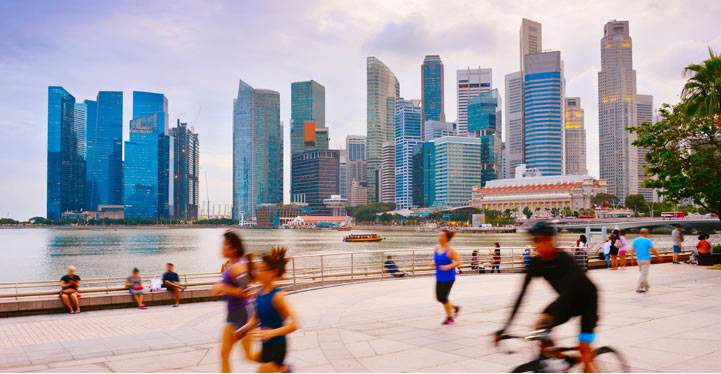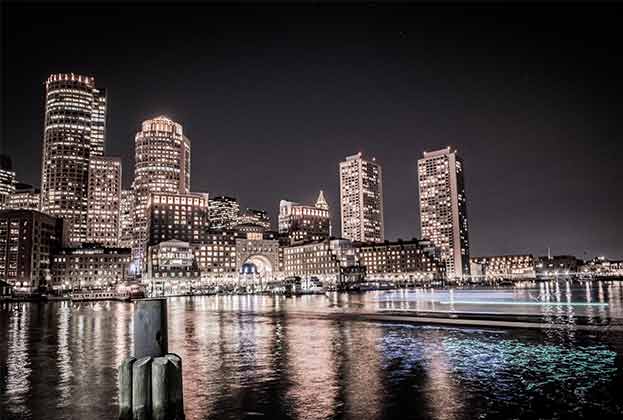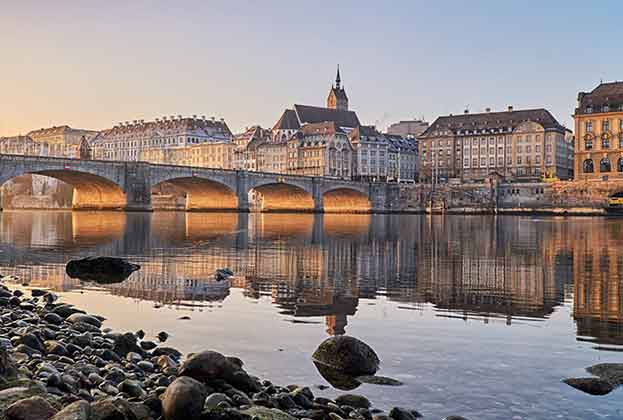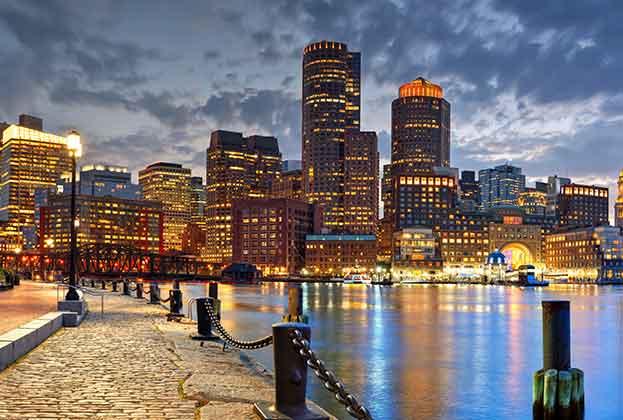In a fiercely competitive global market for talent, city attractiveness matters
It is not just costs that are the driving factors for where top scientists choose to live and work. Lifestyle plays a large role in the appeal of any city, and the talent working for the top research institutions will undoubtedly consider lifestyle factors in any relocation decision.
For scientists, researchers, and technicians ‘green commutes’ to work such as walking and cycling, the cost of living, low crime, good air quality, among other factors, all matter. Strength in these factors are not limited to smaller cities in our analysis, though it does give them an edge.
Cities that score well in the lifestyle category tick all the boxes and offer good walk and cycle scores, clean air, low crime, high numbers of international schools, and a low cost of living. Scoring highest in the lifestyle category, Singapore offers the highest number of international schools, low crime rates, and good air quality.

Science city: Singapore
Though Tokyo is one of the largest cities in the world, it scores well on education, air quality, and crime statistics. Sydney, with its laid-back reputation, also scores well on our lifestyle indicators.
Read the articles within Report: Science Cities below.
.jpg)





